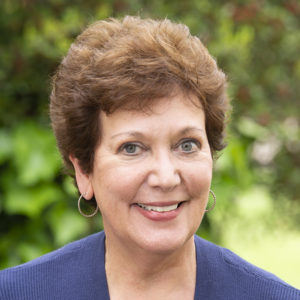Sept. 8, Robert Lawson, Fullinwider Chair in Economic Freedom at the SMU Dallas Cox School of Business, for a piece measuring the impact of the pandemic on economic freedom indicators. Published in the Orange County Register under the heading COVID’s hidden victim: economic freedom: https://bit.ly/3qmJooL
The COVID-19 pandemic swept over the planet in early 2020, resulting in more than a million deaths in the United States and many millions more around the world. Unfortunately, these lives weren’t the only casualties. The pandemic also walloped economic freedom – that is, our freedoms to buy, sell, move, hire, fire, invest and earn income and keep it.
Economic freedom took a big hit in the global financial crisis of 2007-09 – but this time the blow was three times worse. The potential impacts of economic freedom’s decline range from lower incomes and greater poverty to shorter life expectancies, fewer years of schooling, and less overall happiness.







